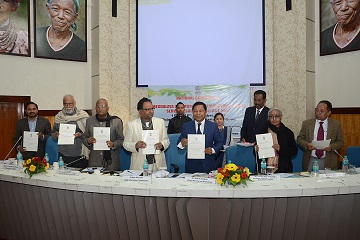 SHILLONG, DEC 15: National Convention on Social Audit on Meghalaya Community Participation And Public Grievances Social Audit Act, 2017 organized by Programme Implementation & Evaluation Department through Meghalaya Society For Social Audit & Transparency was held here today at Yojana Bhawan Auditorium, Shillong which was attended by Chief Minister, Dr Mukul M Sangma as the Chief Guest.
SHILLONG, DEC 15: National Convention on Social Audit on Meghalaya Community Participation And Public Grievances Social Audit Act, 2017 organized by Programme Implementation & Evaluation Department through Meghalaya Society For Social Audit & Transparency was held here today at Yojana Bhawan Auditorium, Shillong which was attended by Chief Minister, Dr Mukul M Sangma as the Chief Guest.Addressing the gathering, Chief Minister, Dr Mukul M Sangma welcoming the participants said that the whole exercise on social audit was rolled out in 2007 in respect of the schemes under MGNREGA and looked at how the social audit platform can be taken advantage of to ensure that all the programmes implemented by different line departments can be brought under the social audit exercise. “The government has so many programmes and interventions to take care of the dreams and aspirations of the people, to deal with the disparity in respect of the socio-economic spectrum across the country but things actually don’t happen on the ground as intended, the legislative mandate for social auditing in Meghalaya enables us to have a complete exercise of auditing by involving all the stakeholders, an auditing which enables us to have an immediate course correction,” he said.
He also said that the biggest challenge for all politicians is to make a law that makes things transparent and all accountable and added that this exercise will give the policy makers knowledge to make course correction wherever needed and enable to do justice to the intent of the government. The Chief Minister also informed the gathering that a powerful and empowering mandate like the RTI is being misused by some people. “The only way such unpleasant practices can be prevented is when everybody participates, when nothing is hidden and the social audit exercise will do good for all of us” said Dr Sangma.
“Nothing will help us fight against corruption other than this kind of powerful instrument which involves people and communities” further stated the Chief Minister. He urged all to own and carry forward the social auditing programmes in the State which would ultimately set a new benchmark to the whole approach of governance. Wishing the two days’ convention a success he said that this convention will provoke other governments to look at similar approach.
It may be mentioned here that the Meghalaya government has become the first state in the country to pass a social audit legislation that will allow citizens’ participation in the planning of development, selection of beneficiaries, concurrent monitoring of programmes, redress of grievances and audit of works, services and programmes on an annual basis.
The law has the potential to revamp and restructure the paradigm of democratic governance, by providing institutional platforms and means for direct democracy. In a 6th schedule area like Meghalaya, it potentially provides democratic tribal communities an opportunity to use their traditional strength of community decision making to shape the nature and implementation of developmental programmes.
Earlier, the Chief Minister also released the Meghalaya Community Participation & Public Services Social Audit Act, 2017, Draft Social Audit Manual and Draft Rules during the occasion.
Other speakers during the occasion were Toki Blah, Chairman, Meghalaya State Social Audit Council, Nikhil Dey, Founder Member, Mazdoor Kisan Shakti Sangathan (MKSS) and Co Convenor, National Peoples’ Right to Information, Aruna Roy, Founder Member, (MKSS) and President, National Federation of Indian Women who gave a Key Note address on ‘From Jan Sunwai to Social Audit-institutionalizing participatory governance’, S M Vijayanand, Former Chief Secretary, Government of Kerala and Secretary, Ministry of Panchayati Raj who spoke on ‘Social accountability and the State: Towards a comprehensive national accountability framework’, Sridhar Acharyalu, Central Information Commissioner who an address on ‘From transparency to accountability: Implications of Social Audit, S Parasuraman, Director, Tata Institute of Social Sciences dwelt on ‘Expanding the reach and deepening the understanding of social audits in Meghalaya and India, P Sampat Kumar, Commissioner & Secretary, C & RD, Govt of Meghalaya who gave a Brief Overview on policy implications of key findings and K N Kumar, Principal Secretary, Programme Implementation & Evaluation, Govt of Meghalaya who gave the Welcome Address.
By Our Reporter



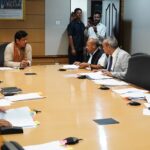





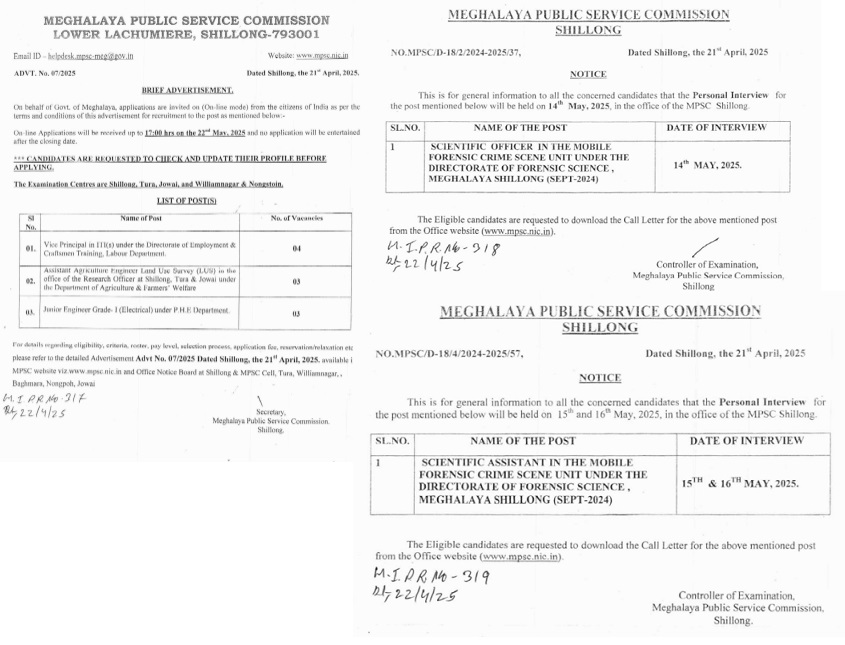

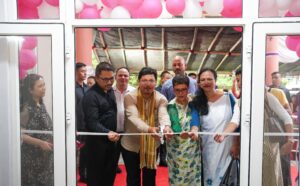
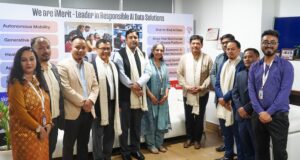
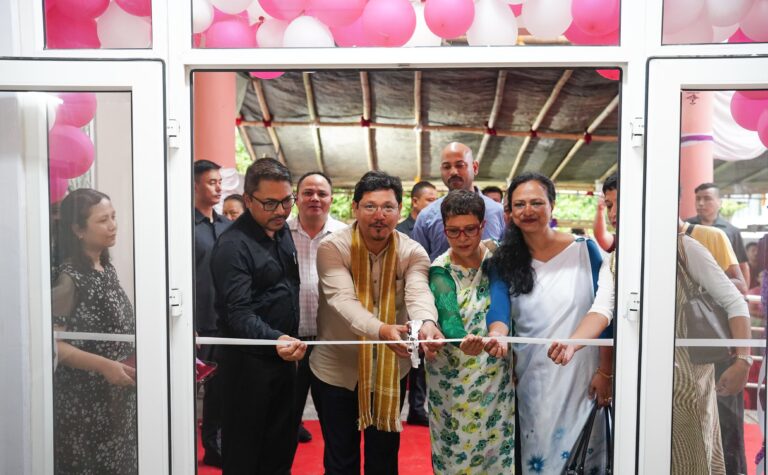
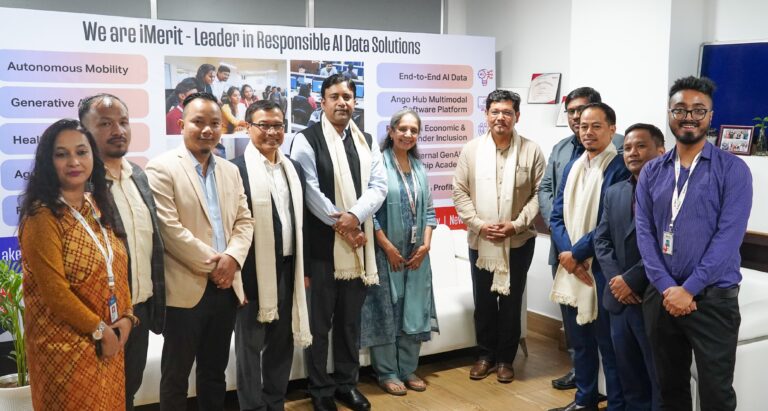
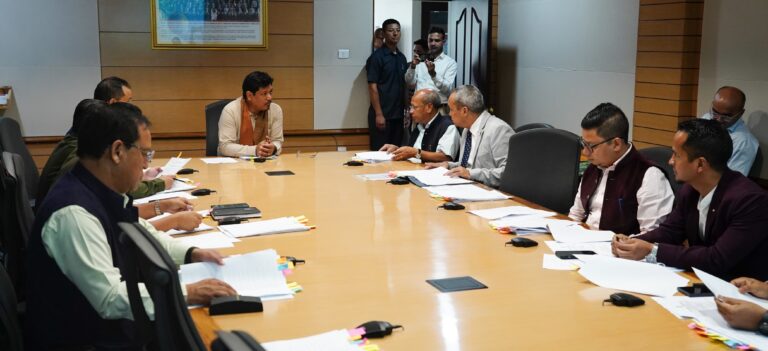

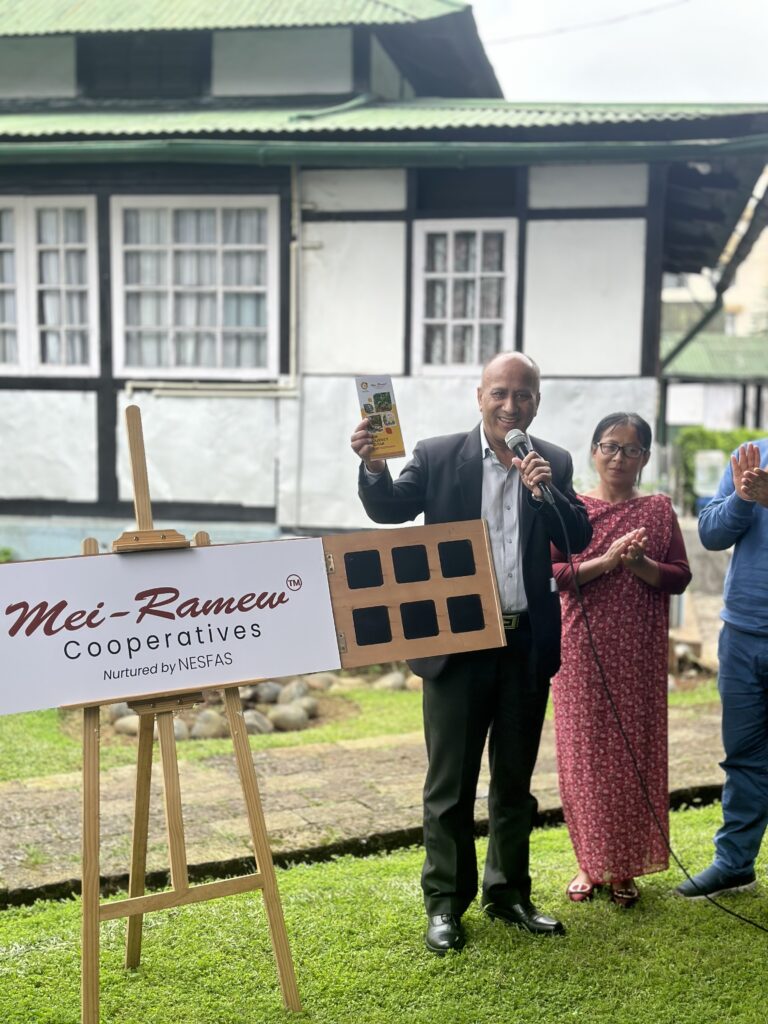
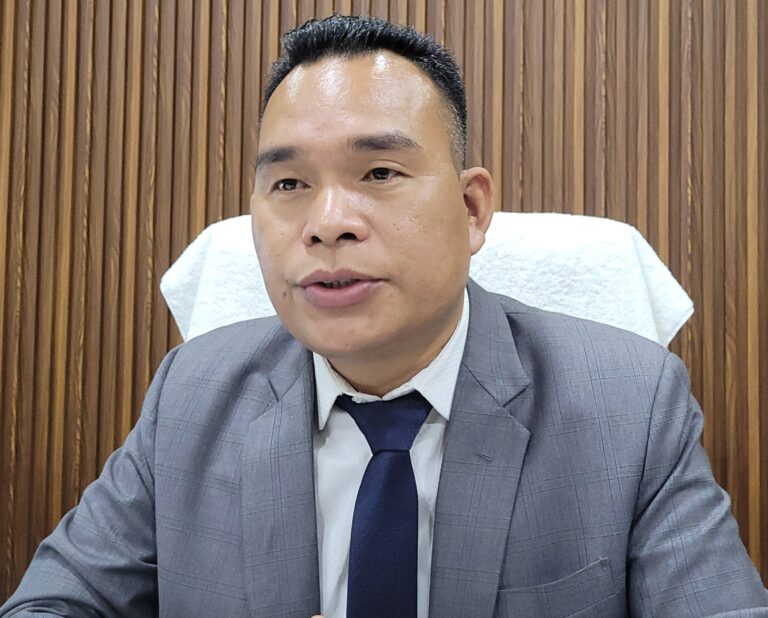
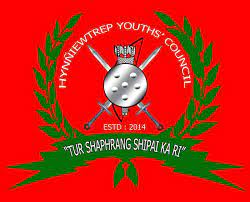


+ There are no comments
Add yours